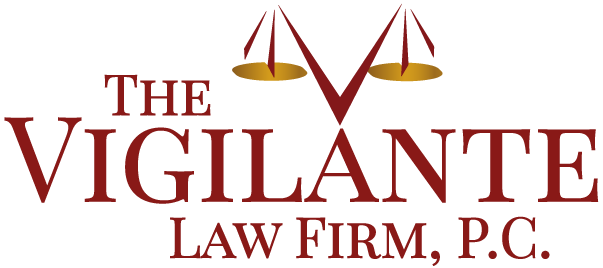
Nobody should have to fear that they’ll be discriminated against in the workplace for any reason, whether it’s for their gender, race, orientation, or even religion. While there has been an increase in religious diversity in the American workforce, there have unfortunately also been more and more employee discrimination incidents occurring every year. Have you experienced religious discrimination at your job? Continue reading to find out what qualifies as discrimination and how an Employment Discrimination Attorney in Gloucester County, NJ can help you today!
WHAT IS CONSIDERED RELIGIOUS DISCRIMINATION IN THE WORKPLACE?
There are a few different types of discrimination. Disparate treatment discrimination is overt discrimination where employees are treated differently based on their religion. The next is disparate impact discrimination which is more subtle because they are policies that exclude people from certain religions without outright expressing it. An example would be a business policy that no employees can wear head coverings, even though some religions require adherents to wear hijabs or turbans. The last is hostile work environment discrimination, where an employer allows harassment in the workplace without taking the proper measures to stop it.
Religious freedom in the workforce is protected by Title VII of the Civil Rights Act of 1964, which prohibits discrimination on the basis of race, color, religion, sex, and national origin. In general, the following are considered religious discrimination under Title VII:
- Denying employment based on religious beliefs or practices
- Harassment based on religious beliefs or practices
- Filing complaints against individuals practicing protected religious activities
- Allowing a discriminatory, hostile work environment
- Denying reasonable religious accommodations unless it would cause undue burden
Employers are legally prohibited from practicing any form of discrimination as detailed above.
WHAT ARE REASONABLE RELIGIOUS ACCOMMODATIONS?
Employers are legally required to make accommodations for their employees to allow them to practice their religion freely, unless it substantially harms the company or other employees. If the accommodation causes the business to lose money, diminishes the efficiency of other employees, or infringes on someone else’s rights, then this would be considered an undue burden. Otherwise, they must provide reasonable alternatives for employees. Examples of reasonable accommodations include:
- Revising schedules for religious holidays
- Revising an employee’s tasks
- Exceptions to dress codes and grooming standards
- Allowing work facilities to be used for protected religious observances
It’s important to note that if there are multiple accommodation options, employers are not required to choose the one preferred by the employee.
WHAT SHOULD I DO IF I EXPERIENCED RELIGIOUS DISCRIMINATION AT MY JOB?
If you believe you’re a victim of discrimination at your job, you may be able to file a charge against your employer. You should immediately contact an employment law attorney to help you determine if the incident can be considered discrimination under the law. If you have a case, a complaint must be filed with the New Jersey Division on Civil Rights within 180 days of the incident.
Have you been a victim of workplace discrimination? Contact Vigilante Law Firm, P.C. for quality legal counseling.


